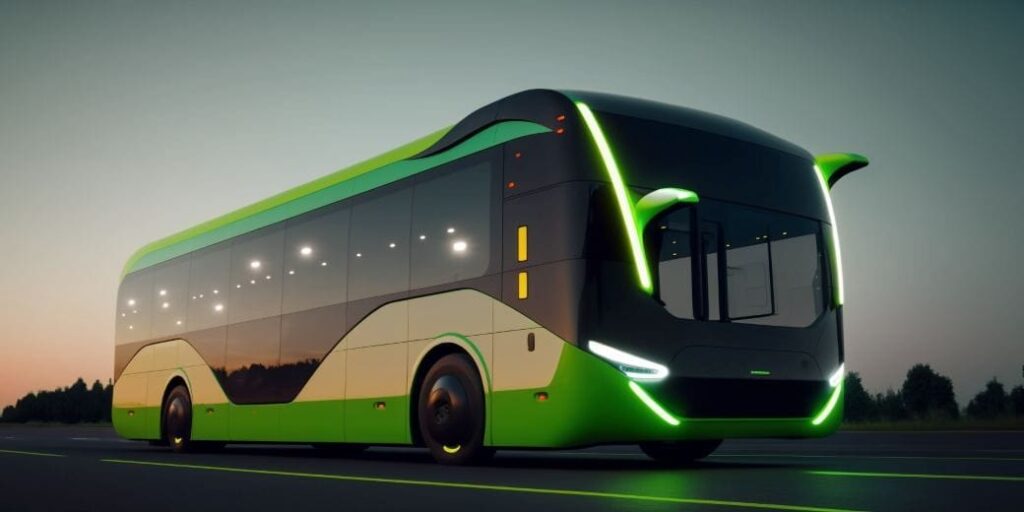Government plans to electrify interstate buses with charging infrastructure on key routes

Government plans to electrify interstate buses with charging infrastructure on key routes
The Indian government is gearing up to introduce electric buses on long-distance interstate routes, aiming to significantly reduce emissions from the nearly 1.25-1.45 million buses currently operating, predominantly on diesel. With around 250,000 buses under state government control, the transition to electric models holds promise for a cleaner and more sustainable future, as reported by the Economic Times.
To facilitate this transition, the government plans to expand charging infrastructure along highways, including fast chargers on major routes connecting urban centres. This initiative targets interstate passenger travel, with a focus on enhancing the adoption of electric buses for long-distance operations.
According to government officials cited by ET, electric buses are viable for continuous travel of up to eight to nine hours, and incentives are being considered to promote their widespread use. While electric buses are already subsidized for urban transportation under the Fame India Scheme, the government may extend this scheme to cover interstate transport or introduce a similar initiative.
Efforts are also underway to encourage private bus fleet operators, schools, and colleges to transition to electric mobility. The potential for electric school buses, which typically operate for short durations within cities, is being explored, with incentives for private players to adopt electric buses on the horizon.
In a significant move towards electrification, the government aims to replace 800,000 diesel buses, constituting one-third of all buses on roads, with electric ones over the next seven years. This strategy includes deploying 200,000 electric buses for state transport undertakings (STUs), 550,000 for private operators, and 50,000 for schools and employee transportation by 2030.
The Fame India scheme, initiated by the Ministry of Heavy Industries in 2015, has been instrumental in promoting electric mobility. With funding of Rs 10,000 crore for three years, Fame II aimed to accelerate the adoption of electric vehicles (EVs). The government is reportedly working on Fame III, which may include production-linked incentives (PLI) schemes with priority lending to India’s EV industry, further bolstering the transition towards cleaner transportation solutions.









